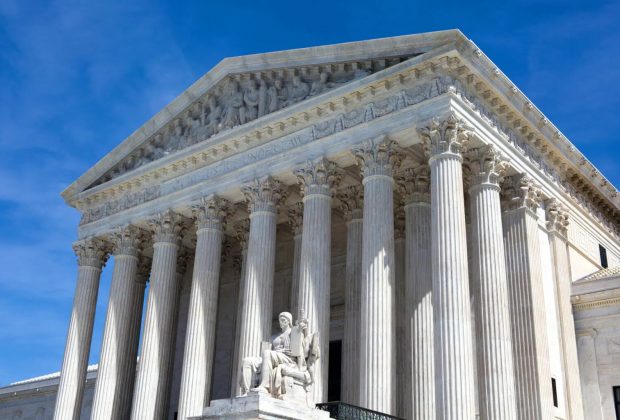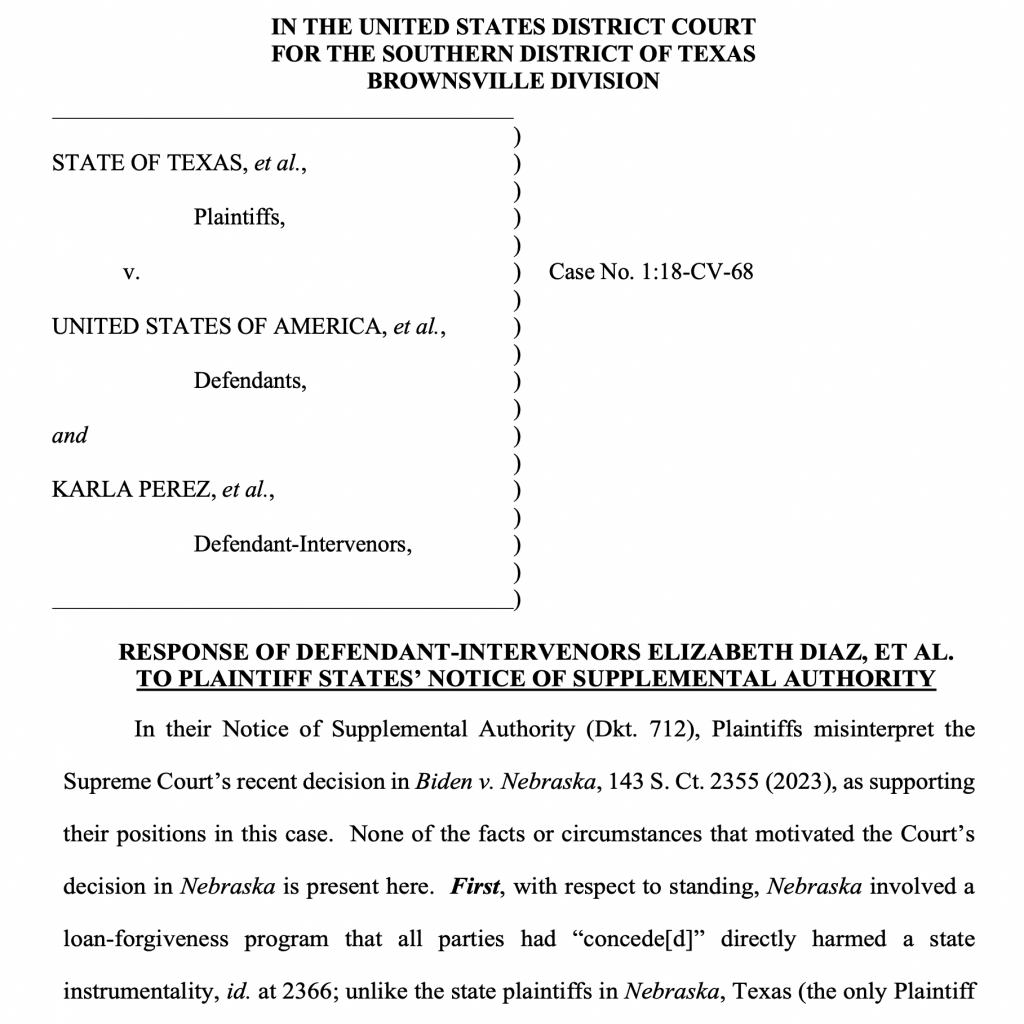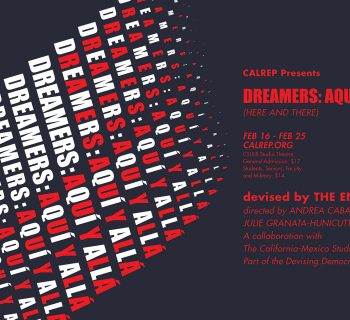By Rae Ann Varona | Bloomberg Law360 | AUG. 9, 2023
Deferred Action for Childhood Arrivals recipients chided Republican-led states for citing a U.S. Supreme Court ruling that blocked President Joe Biden's student loan forgiveness plan, telling a Texas federal court the states overlooked facts that show they actually lack standing to sue over federal immigration policies.
The high court had ruled in June that the Biden administration overstepped its authority in forgiving more than $400 billion in federal student loans. Texas and eight other Republican-led states leaned on that ruling last month to back their contention that the administration similarly overstepped its authority with a 2022 final rule that rebooted DACA protections, which allow recipients to temporarily work and study in the U.S.
But the DACA recipients responded Tuesday that the ruling better showed that the states lacked standing to maintain their lawsuit. They said that while the parties in the student loan case conceded that the loan-forgiveness program directly harmed a state instrumentality — or state-created and supervised organization that serves a public function — Texas couldn't point to any evidence that DACA directly injured it or its own instrumentalities.
The recipients further noted that Texas was the only plaintiff state that tried to show standing.
Other facts they said underscored the states' lack of standing include that the loan-forgiveness program affected 43 million borrowers at an estimated cost to taxpayers of between $469 to $519 billion, while DACA had just over 825,000 recipients at its peak and has generated net benefits to the public.
"Of note, whereas the loan forgiveness program would have cost taxpayers approximately $500 billion … DHS estimated that DACA generates approximately $20 billion in discounted annualized net benefits," the recipients said in their Tuesday filing. "Thus, the court's concern in [Biden v. Nebraska ] about the 'staggering' size and scope of the administration's action … does not apply equally here."
The recipients, embroiled in the case lodged by Texas and eight other Republican states against the Biden administration, had stated in a notice from late June that another recent Supreme Court ruling that revived Biden's deportation guidelines warranted nixing the states' lawsuit challenging DACA, as the states lodged standing theories similar to those shut down by the high court.
They said that both the majority and concurring opinions in the deportation guidelines case adopted the "very arguments" that the states consistently advanced in their DACA challenge to explain why Texas' policy disagreements with the Biden administration didn't give it standing to challenge the federal government's exercise of authority, "no matter how strongly held."
But Texas and the other states said in response that the justices in that case had emphasized the ruling's narrow application, and that the conclusion that Texas and Louisiana lacked standing was based "solely" on a rule that a party lacks standing to compel another's arrest and prosecution.
The states turned to Biden v. Nebraska to argue that costs they've allegedly incurred due to DACA were direct, claiming that certain Missouri government administrative fees found to have been lost due to Biden's loan forgiveness program were "most closely analogous" to driver's license costs that DACA imposed on Texas.
In a separate notice of supplemental authority, the states had also suggested that just as the secretary of education did not have the authority to establish a student loan forgiveness program, neither did the U.S. Department of Homeland Security for DACA.
On Tuesday, however, the DACA recipients said the states "conspicuously" said nothing at all about what the Supreme Court ruling said about standing, for the "clear" reason that "it does not support their case."
They said that Missouri in the student loan case had suffered an injury sufficient to confer standing that didn't exist in the DACA challenge. They said Texas' "desperate attempt" to analogize the injuries in the high court case to supposed driver's license costs only underscored fundamental flaws in its standing argument.
"Texas can identify no evidence properly in the summary judgment record demonstrating that it spent even a single cent on DACA recipients," the recipients said.
Counsel for the recipients did not immediately respond to a request for comment on Wednesday, nor did the Texas Attorney General's Office.
The DACA recipients are represented by Nina Perales and Denise Hulett of the Mexican American Legal Defense and Education Fund, Douglas H. Hallward-Driemeier of Ropes & Gray LLP, and Carlos Moctezuma García of Garcia & Garcia Attorneys at Law PLLC.
The states are represented by Ken Paxton, William T. Thompson, Brent Webster and Ryan D. Walters of the Texas Attorney General's Office.
The federal government is represented by Jeffrey S. Robins, Aaron S. Goldsmith and James J. Walker of the U.S. Department of Justice's Civil Division, and Daniel D. Hu of the U.S. Attorney's Office for the Southern District of Texas.
The case is State of Texas et al. v. U.S. et al., case number 1:18-cv-00068, in the U.S. District Court for the Southern District of Texas.








